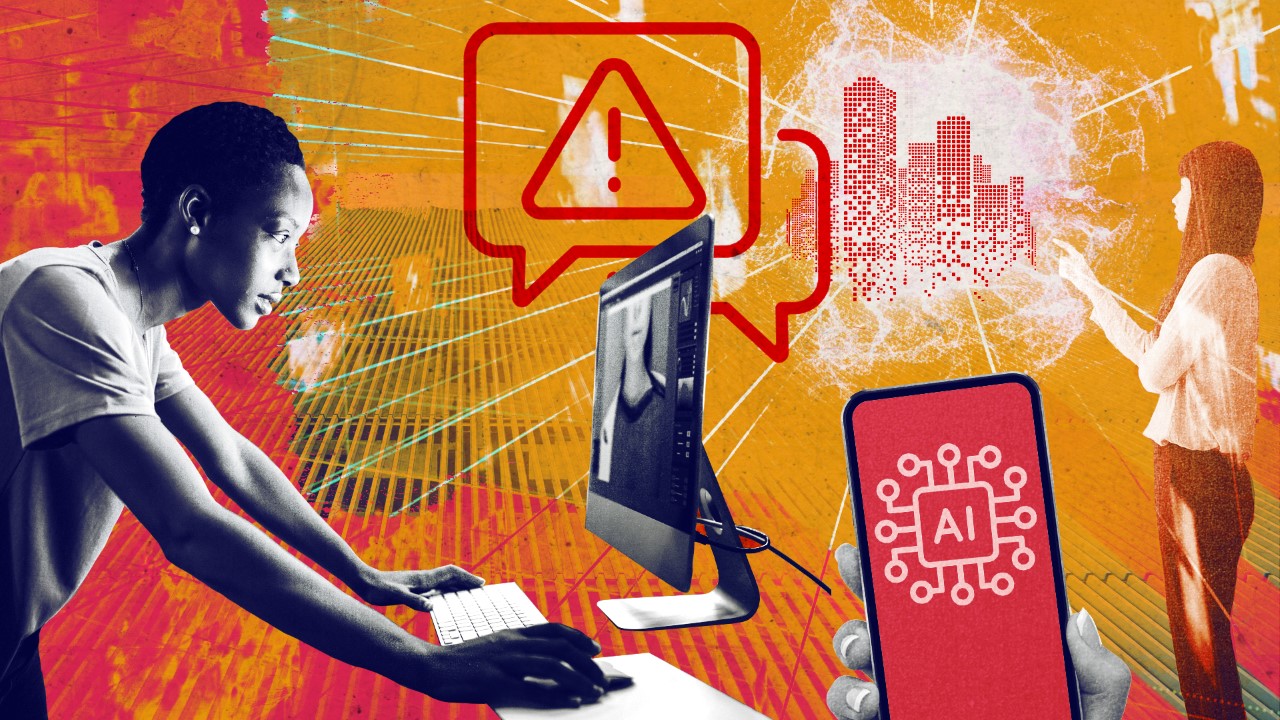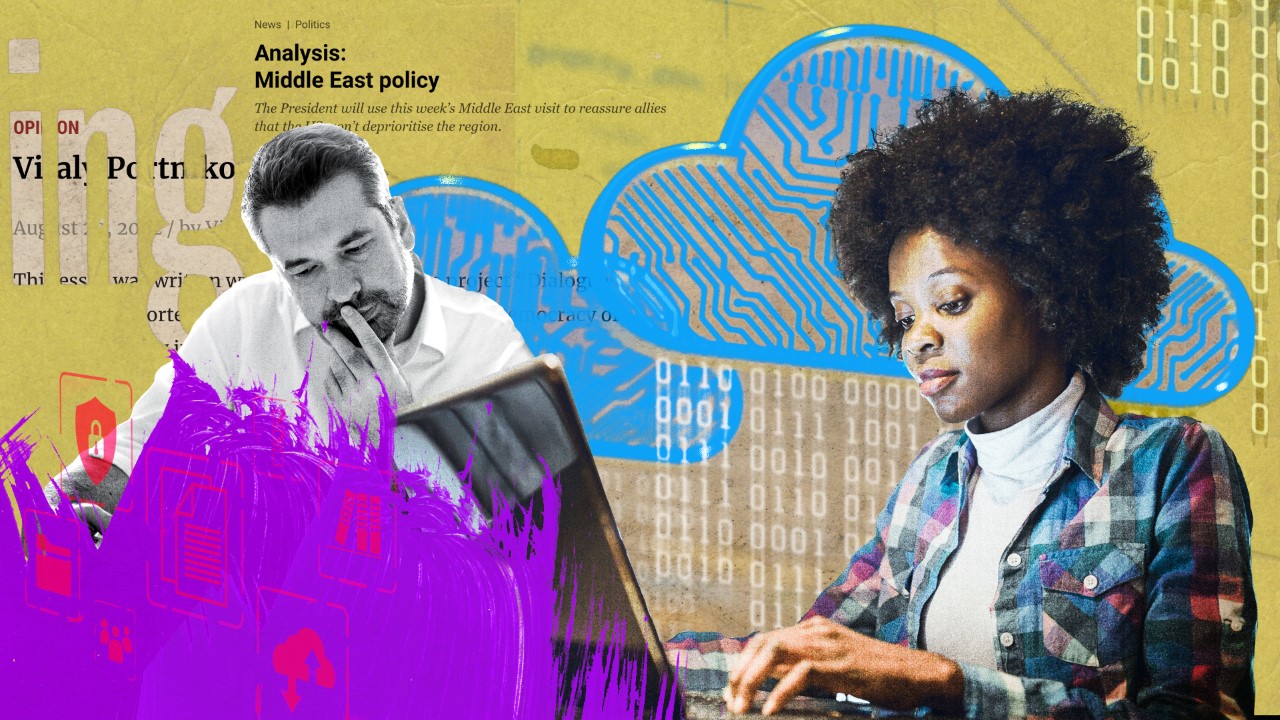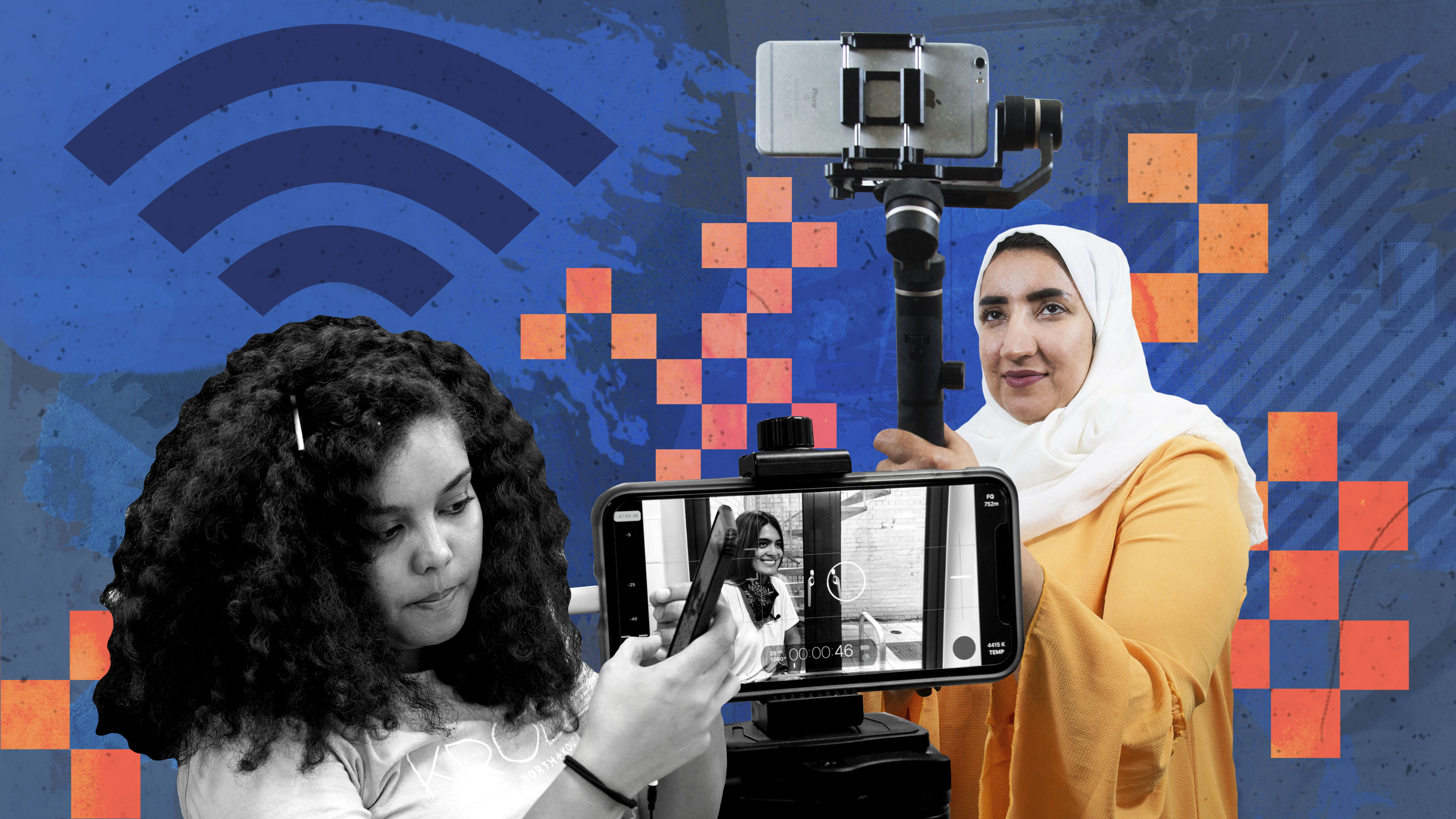Rethinking how we tackle disinformation in the age of AI
“This fantastic course will help you understand and fight disinformation, an absolutely essential skill to acquire during this global election season. Sign up and help safeguard the future of democracy.” Professor Sander van der Linden, social psychologist, University of Cambridge, UK.
World-leading experts have come together for an important new training course from Thomson Foundation offering innovative ways to stop the spread of false information.
'Rethinking disinformation: psychology, prebunking and other tactics to halt the spread' is a guide on new approaches to tackle the phenomenon.
Leading social psychologist Professor Sander van der Linden who’s the director of the Cambridge Social Decision-Making Lab explains the concept of prebunking and exposes the tactics used by disinformers.
In addition, he explains how and why conspiracy theories evolve to help equip journalists with digital resilience and critical thinking skills.
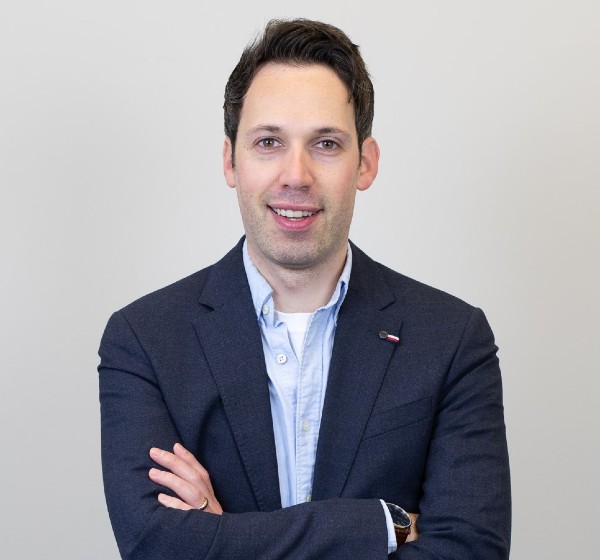
“When everyone’s happy, when there’s economic prosperity, where there's social harmony, you don’t see many people endorsing conspiracy theories. But when things are going wrong, whether it’s World War Two or a supposed stolen election, that’s typically where I see massive uptakes in the spread of conspiracy theories,” says Sander.
Thomson research into Taiwan elections
Rethinking disinformation is being released in a year when more than two billion people are going to the polls. 2024 will see more elections than any year in history with social media a battleground for false information.
Research commissioned by Thomson Foundation into AI disinformation attacks during Taiwan’s Presidential Election in January features in the course.
The report found a proliferation of AI-generated material, including deep fakes targetting candidates, which added another layer of complexity for journalists trying to tell the story.
It concludes that the growing sophistication of AI techniques calls for innovative solutions.
Anyone can look at an image now and think in their head, 'I don't know if this is real or not'
Tracking digital media
The self-paced interactive course includes scenarios to help journalists outsmart the disinformers and protect their stories and newsrooms.
There’s guidance on how technology can be used to safeguard digital media through adding content credentials (cr), a system which adds metadata at every point of content creation from capture to publication.
Sander is joined by experts from the Institute of Strategic Dialogue, Starling Lab – an academic research lab co-founded by Stanford University and the University of Southern California, the open-source research specialists Bellingcat and experienced fact-checkers from the Western Balkans and Kenya.
“Concepts like fake news and post-truth have been floating around for many years now,” says Adam Rose, the chief operating officer at Starling Lab, who explains how content credentials work. “So denialism is not exactly new. What is new is the really impressive changes and improvements in generative AI and the issue is that anyone can look at an image now and think in their head, well, I don’t know if this is real or not.”
Bespoke training videos
Debunking remains a critical tool in a journalist’s armoury so Charlotte Maher, who’s the social media editor for Bellingcat, provides short training videos demonstrating how to use free open-source intelligence tools.
Catherine Mackie, who’s Thomson’s training and communications editor, says to have such a stellar cast of experts offering practical advice in one course is a privilege for journalists looking to improve their skills and stop the spread of disinformation.
“Disinformers are adept at getting into a person’s mind,” she says. “What this course does is try to put the journalist in there with them and no matter how the spread of disinformation evolves, advice in this course should help newsrooms provide a robust response.”
The course
Rethinking disinformation: psychology, prebunking and other tactics to halt the spread is free and available now via our Journalism Now e-learning platform.
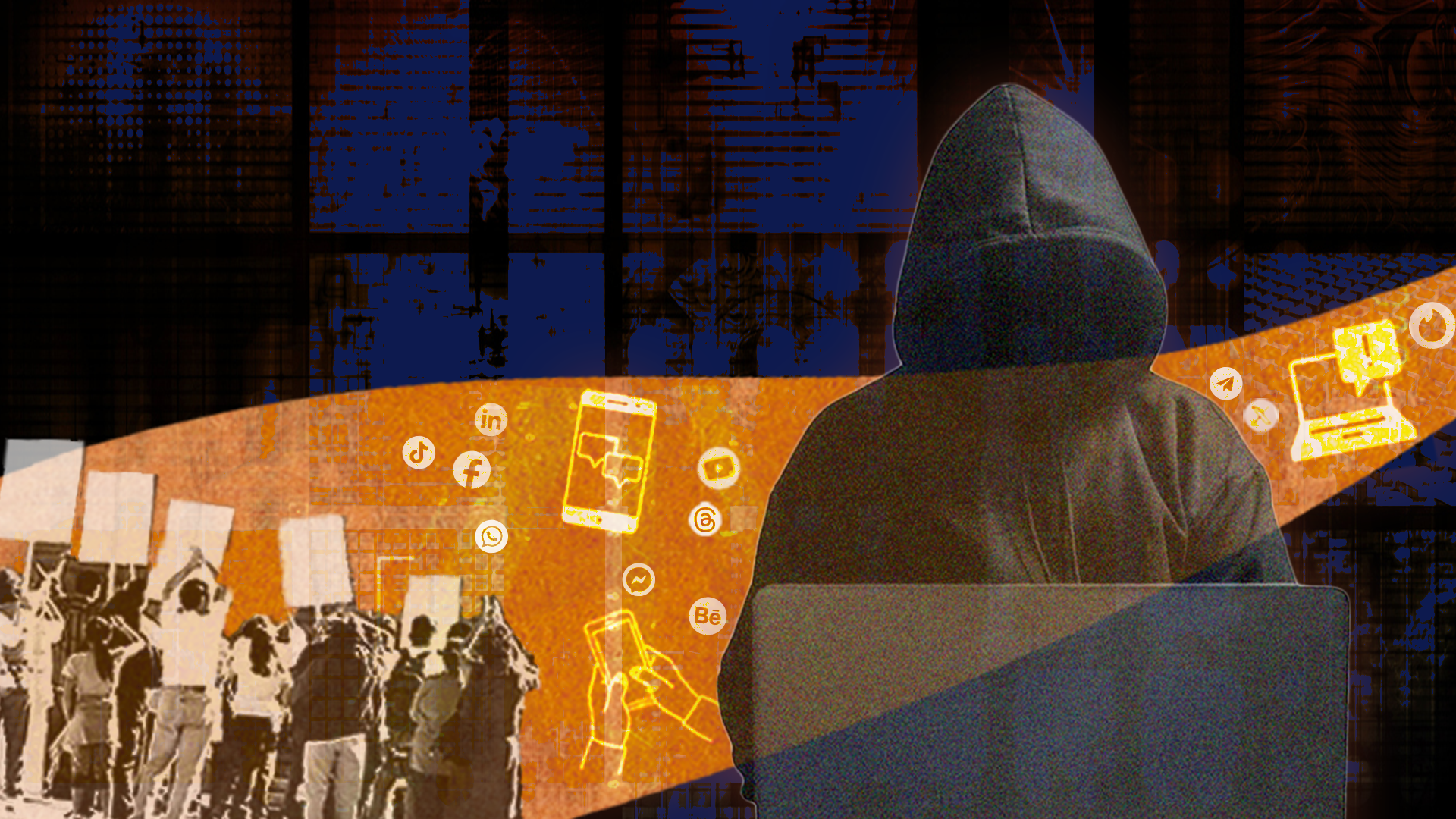
Thomson Foundation at the International Journalism Festival, Perugia
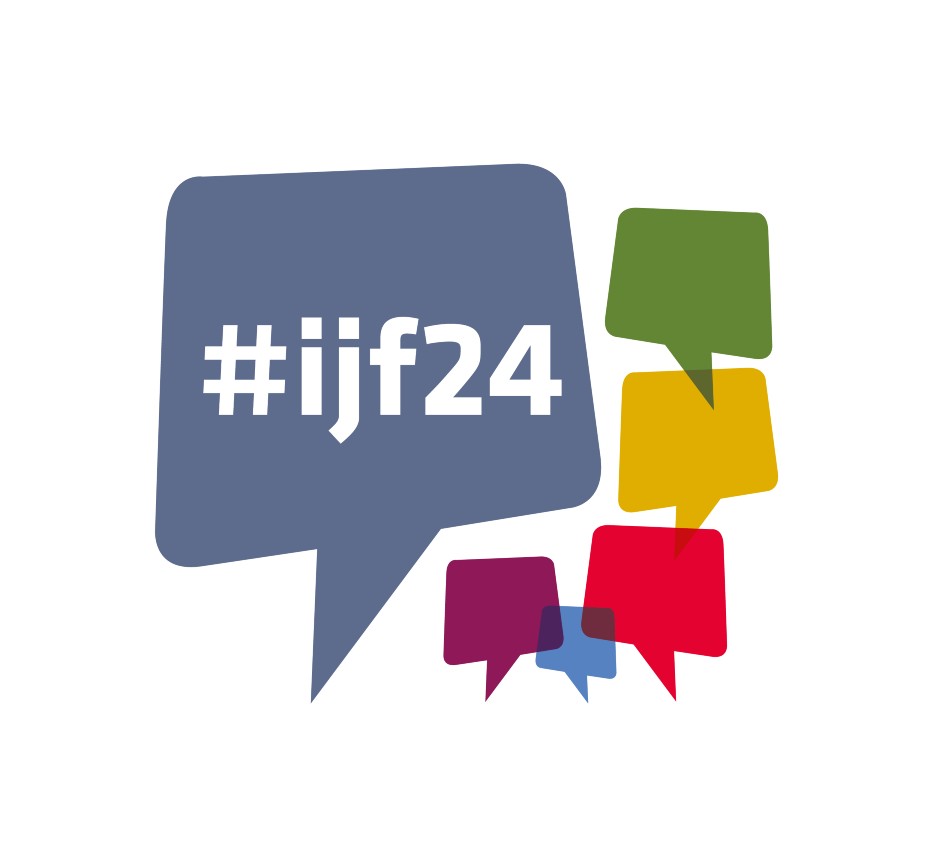
With so many countries going to the polls, how do we build resilience and immunity to the growing sophistication of disinformation? ‘Digital resilience for journalists in a year of elections’ is the title of a panel discussion Thomson Foundation will be holding in Perugia in April 2024 with guests Dr Jon Roozenbeek, a fellow of the Social Decision-Making Lab at Cambridge University, Charlotte Maher from Bellingcat, and John-Allan Namu, CEO of Africa Uncensored.
